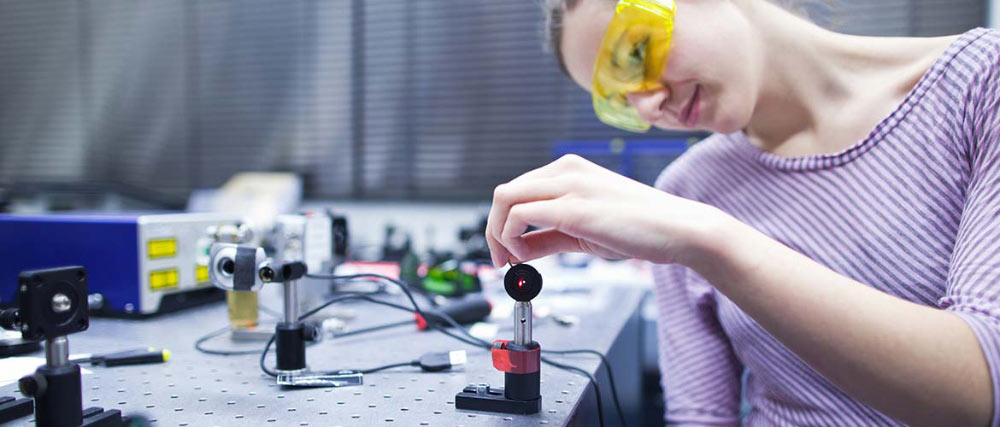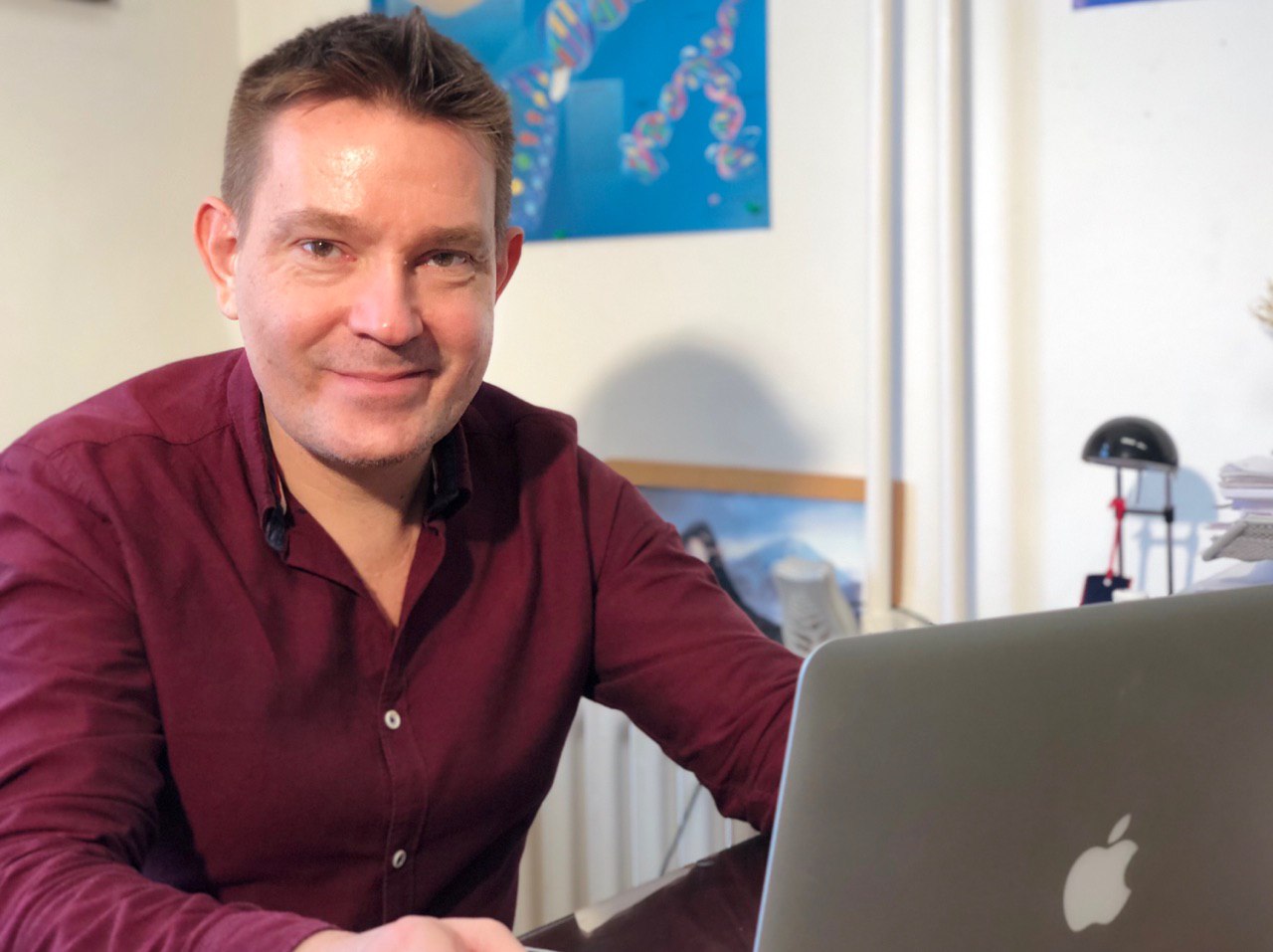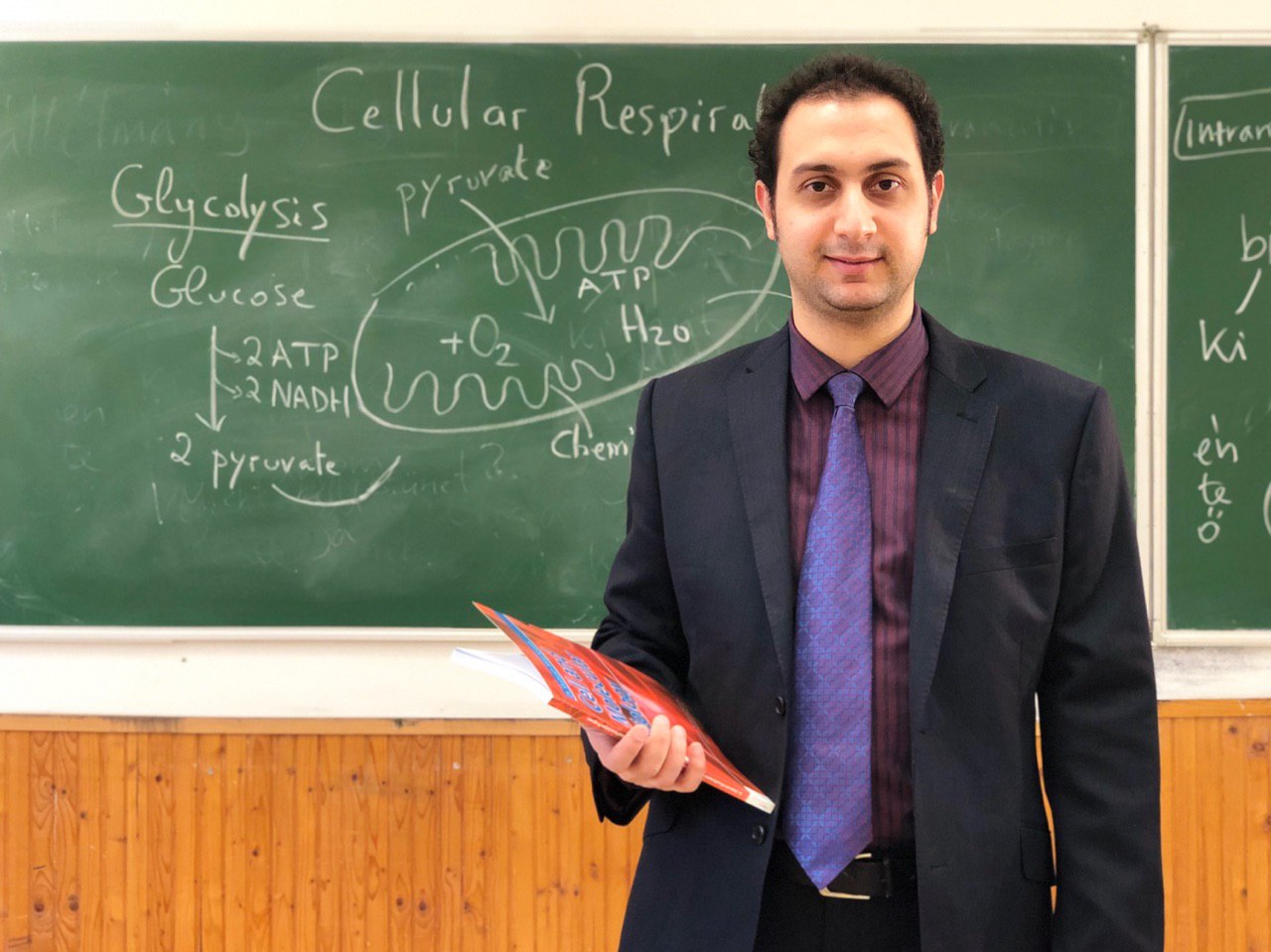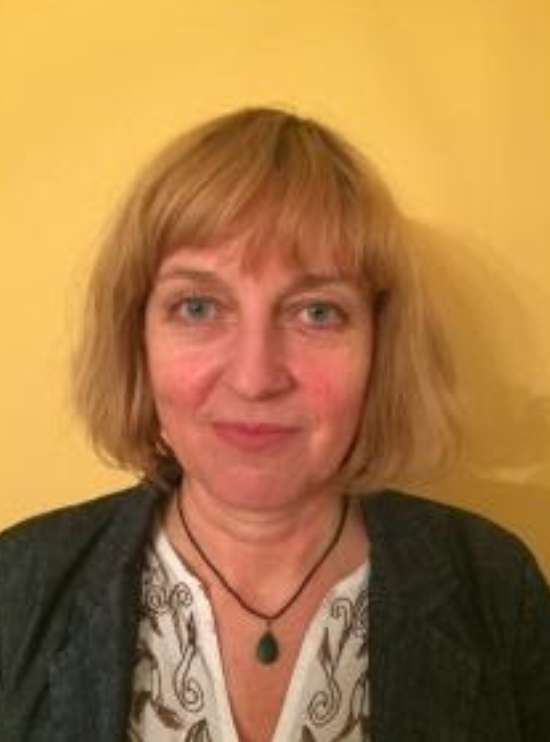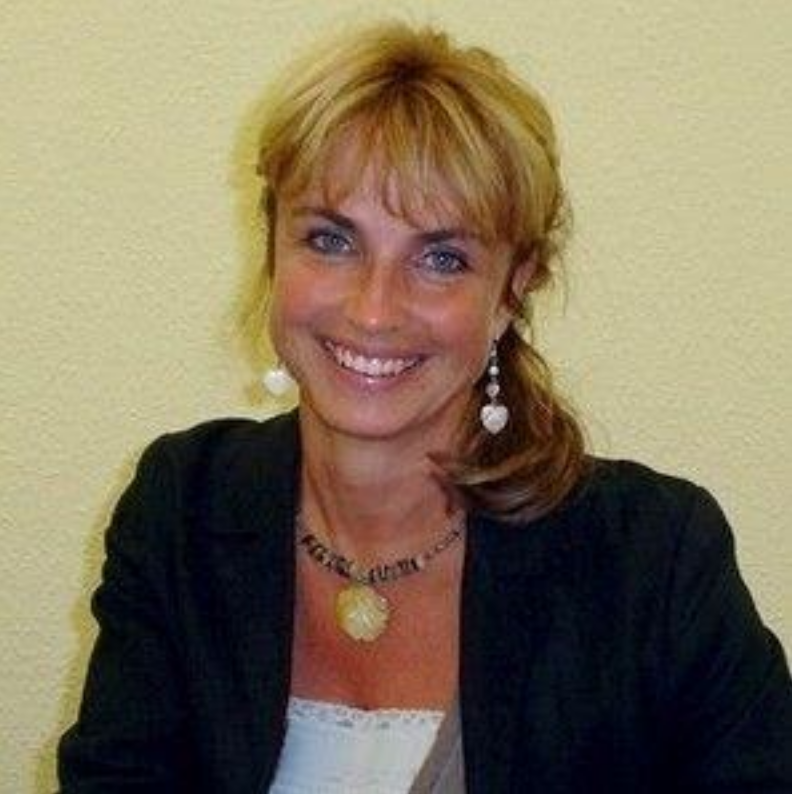Avicenna Diploma in Pre-Medical Studies (ADPS)
A Level IV Educational Program for the UK and European Universities
Medicine – Dentistry – Pharmacy – Veterinary – Nursing – Physiotherapy – Biomedical Sciences
Avicenna Diploma in Pre-Medical Studies (ADPS) is a well-structured and comprehensive program designed for those international students who have completed their high school studies outside the UK and wish to continue their further studies in a medically related field in British or other European universities.
ADPS will prepare students for successful entry to European universities. It also ensures that students learn to become independent, organized, disciplined and inquiring individuals when joining their future higher education centers.
ADPS is a complex program which offers strong support in general and academic English for those who did not study in English. It also offers medical science subjects which specifically are important in the first two years of medical studies. The subjects are taught in considerable depth with specific attention to medical relevance. AMFP students are encouraged to learn about scientific inquiries and research. Laboratory practice is part of the AMFP education.
Continuous assessment, mid-year and final examinations, essay, and research papers are part of the program and requirement for successful completion of ADPS.
ADPS essentially is a two-year program. Those who are fluent in English and have a stronger background in sciences or have graduated from an international school with IB or A Level may complete the program in one year.
AIMS and GOALS
The educational aims of AMFP and its component subjects and credits include:
To develop abilities and skills that are relevant to the study and practice of science with special medical orientation, and encourage efficient and safe practice with motivation and the ability to work in a sustained fashion.
To develop attitudes relevant to science such as:
accuracy and precision
Objectivity
Integrity
Inquiry
Initiative
Insight.
To stimulate interest in, and care for, the environment.
To promote awareness that:
- the study and practice of science are co-operative and cumulative activities and are subject of social, economic, technological, ethical and cultural influences and limitations.
- the applications of science may be both beneficial and detrimental to the individual, the community and the environment
ASSESSMENT OBJECTIVES
Scientific phenomena, facts, laws, definitions, concepts, theories.
Scientific vocabulary, terminology, conventions (including symbols, quantities, and units).
Scientific instruments and apparatus, including techniques of operation and aspects of safety.
Scientific quantities and their determination.
Scientific and technological applications with their social, economic and environmental implications.
Reasoned explanations for phenomena, patterns, and relationships.
Locate, select, organize and present information from a variety of sources.
Handle information, distinguishing the relevant from the extraneous.
Manipulate numerical and other data and translate information from one form to another.
Analyze and evaluate information so as to identify patterns, report trends and draw inferences.
Construct arguments to support hypotheses or to justify a course of action.
Apply knowledge, including principles, to new situations.
Evaluate information and hypotheses.
Use techniques, apparatus and materials.
Make and record observations, measurements, and estimates.
Interpret and evaluate observations and experimental results.
Select techniques, apparatus, and materials.
Evaluate methods and suggest possible improvements.
ASSESSMENT and EXAMINATIONS
Students during the course of AMFP will be required to complete the following exams and assessments and comply with all related rules and regulations:
APT (Avicenna Placement Test)
WPT (Weekly Progress Test)
AMFP Credits and Modules
Students who register at AMFP should take the following credits to complete the program:

All credits and modules of AMFP are designed to address the needs of international students who plan to study in one of the medically-related fields (medicine, dentistry, pharmacy, …) in one of the UK or other European universities.
AMFP functions as a "Bridge Program". Upon successful completion of this program, students will be ready for independent medical studies. They understand the requirements of medical studies and will be engaged in an active inquiry of knowledge and academic excellence.
It is also important for the universities to admit international students who are fluent in English, well-prepared in sciences and are well-trained for university life in advanced European environments.
Compulsory Credits
General Biology is the subject matter of all relevant biological topics which are not covered in other credits. These topics prepare the student for a better understanding of other subjects. Also, the material which is of less medical relevance will be covered in general Biology.
The general definition of biology, taxonomy, organizational levels of life, prokaryotes, and eukaryotes, characteristics of living things and biological compounds are examples of the topics covered in this subject.
A complete list of the topics and contents will be provided at the time of registration.
The subject matter of "Cell and Molecular Biology" is to study eukaryotic cells and in special human cell structure and function. This is an important subject required by all medical universities. Students will participate in theoretical and practical training in this subject.
The topics are all covered by medical orientation and attention to pathophysiological processes. This subject is taught in an interactive manner to increase the ability of critical thinking and inquiry.
Among the main topics in this subject, we can name: cell structure and function, cell morphology, cell membrane, cell-cell junctions, cell organelles, nucleus, DNA replication, transcription, translation, cell cycle, mitosis, meiosis, …
Histology is the subject which studies human tissues. A tissue is a collection of one type or different types of cells which perform a special function. Various types of tissues and their components and their function in body systems are taught such as epithelial tissue, connective tissue, nervous tissue, blood, bone, muscle and so on. References to some diseases at tissue level are made. Photograph examinations and microscopic practice are part of histology education.
In Human Anatomy you will study the human body structure. The structure of organs and systems will be explained. Skeletal system, muscular system, cardiovascular system, nervous system, and digestive system are among the main topics discussed in this subject. The knowledge of anatomy and histology will facilitate your understanding of physiology.
Human Physiology discusses the normal function of body organs and systems. This is an important part of premedical education. You will learn about all body systems such as cardiovascular, endocrine, nervous, digestive, reproductive and respiratory. Some of the pathological conditions and diseases in the systems will be introduced as well.
The immune system plays an important role in body defense. Immunity is maintained by special cells (cellular immunity) and special chemicals (humoral immunity) which are produced by some of these cells. The immune system is responsible to defend our body against external agents such as microbial agents or toxins and antigens.
Microbiology is the branch of biology which deals with organisms such as bacteria and viruses. Microorganisms are essential for life on earth. Some of these organisms live in the digestive system of humans and cause no problem for us and in some cases are even helpful to us. In other cases, there are many infectious diseases which are caused by viruses, bacteria, fungi, and other microorganisms which compose the subject of this course.
The fundamentals of inheritance and genetic abnormalities are discussed in this course. Mendelian and non-Mendelian genetics are discussed in detail. The interaction of genetic and environment are also presented here.
General chemistry is an important and extensive part of chemical sciences which are required by all medical universities in Europe and North America. The course starts with the atom and builds on it the knowledge of chemistry. General chemistry is a prerequisite for organic and biochemistry.
All medical studies require a sound knowledge of organic chemistry. This is especially important for pharmacy and medicine. In this subject, the structure and functions of biomolecules will be discussed.
The subject of biochemistry will deal with important biological events at the cellular level. Proteins, nucleic acids, ATP and other forms of energy metabolism are among the main parts of this course.
Good knowledge of general English is necessary for medical studies, however, medical professionals use a special language for communication which is rooted in Latin and Greek. This subject will cover the most important aspects of medical terminology which will be required in the entrance exams and later on in university studies.
Practical Module
During university studies, all medical students will have a considerable number of biological practical classes which usually take place in biology lab, dissection room, histology lab, biophysics lab, pathology or pathophysiology lab, and medical diagnostics laboratory.
AMFP students will have a selection of medically relevant biology practice. Students will be involved in the experiments and learn how to record their observations, assessments and prepare reports.
During university studies, all medical students will have many practical hours in general, organic and biochemical or molecular biology laboratories.
AMFP students will have a selection of medically relevant chemistry practice. Students will be involved in the experiments and learn how to record their observations, assessments and prepare reports.
Research Module
AMFP students are required to prepare an Extended Academic Essay in one of the medically, biologically or environmentally related topics. A supervisor from AIC will guide the students in the preparation of this course. Students will provide their Essay in published format for assessment.
Admission Requirements
International students can apply to AMFP throughout the year. Applicants will submit their completed application form to the Admission Department of AIC. All applications are given full attention and review. Qualified applicants will be notified about the decision of AIC on their application in due time.
All applicants, at the time of application, must comply with the following requirements:
To be a minimum of 17 years.
To have completed a national or international high school program (minimum 12 years) or to be in the last year of high school studies. College or university degree holders are encouraged to apply too.
To hold an authentic, certifiable national high school diploma or IB or A Level.
To provide an IELTS certificate of a minimum of 5.5 or achieve a score of a minimum of 55% in APT (English).
To participate in APT (science) including the written and interview components and achieve a minimum score of 55%.
To provide all the required documents at the time of application.
To pay all the relevant fees at the time of application/admission according to the rules and regulations.
Requirements for Graduation
Those students who successfully complete the requirements of AMFP will be awarded the official “Certificate of Completion” of AMFP together with Europass compatible copy of transcripts.
Those students will be granted the “Certificate of Completion” of AMFP who
Have attended the classes regularly.
Have successfully passed all the required exams (including the semi-finals and the final exam) with a minimum score of 70% in each subject.
Have provided the Essay and other research assignments.
Awards and Certificates
Those who have met all the requirements and prerequisites of AMFP will be awarded the “Certificate of Completion” duly signed and sealed by the college authorities and the concerned ministries in Hungary.
Those who cannot complete all the requirements of AMFP will be able to request a certificate of attendance and certificate which indicates the credits taken at AIC.
AMFP is a full-time course
The Parental Tuition Contribution Fee for one academic year is 7900 Euro.
Upon successful application, you will receive the Admission Letter which specifies the Parental Tuition Contribution Fee and the mode of payment. All fees must be transferred to the account of AIC.
Qualified students can also apply for the Scholarship Plan. You will be informed about the amount of scholarship granted if your application is successful.
Other possible charges and fees:


